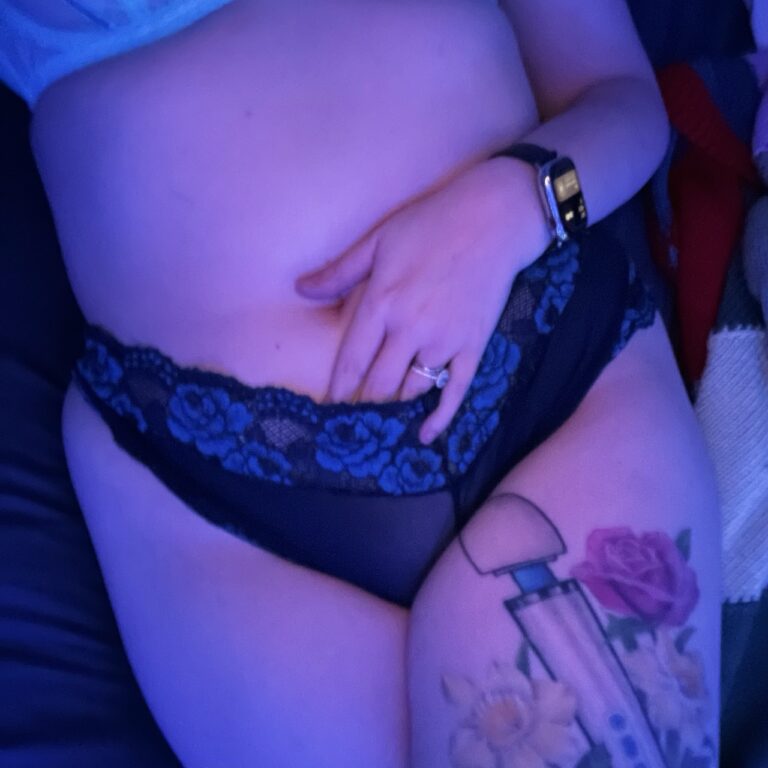
One of my personal pet peeves as a creator is when people brag about refusing to pay for the art they enjoy, as if it’s something to be proud of. If you like art, it’s important to pay for it – at least some of the time!
Now, don’t get me wrong – obviously financial difficulties can make this hard or impossible, and I see art as a basic human necessity, which is why I think it’s so great that plenty of art (including porn) is legitimately available for free.
But if you can afford to pay for artistic works that matter to you, I think you should, at least some of the time. I’ve partnered with Bunny Agency for this post, in which I’ll tell you a few key reasons your favorite porno babes deserve your cash…
Money allows art to continue to exist!
This is really the crux of the thing. Art can’t be made (at least not consistently and well) without money, because artists are people, and people require money to survive. It’s as simple as that.
It’s hard as fuck to be a creator these days, especially in the adult industry. Social media algorithms deboost us, search engines derank us, payment processors ban us… As a result of all this, many of us are barely scraping by. But the more money we make from our actual art, the more time we can spend making that art – since we won’t have to spend as much time stressing about money and working other jobs to make ends meet.
It drives me completely nuts when I see people complaining about paywalls on news articles, and in the same breath, complaining about news publications’ incomplete coverage of certain issues, or lackluster factchecking. Consumers paying for their news is what enables newsrooms to hire more/better journalists and factcheckers! And just like the news, porn cannot continue to exist if no one pays for it, because creators gotta have food, shelter, and the tools of their trade in order to create.
Get exactly what you want!
For those of us with very particular erotic tastes, we may have trouble finding porn that lines up with our desires. But many porn performers offer custom clips, so you can lay out your fantasy and receive bespoke porn that fulfills it.
In talking to friends of mine who’ve created and/or purchased custom clips, I’ve come to think of customs as being almost like tattoos, in that you should pick an artist who’s well-versed in the style and content you’re looking for, tell them what you want, and let them put their own spin on it. They will often surprise you in ways that your own limited imagination cannot!
Own, not stream!
Often (although not always), if you pay for a porn video, you can download it and keep it on your own hard drive, rather than being beholden to fickle hosting sites and inconsistent streaming speeds.
Ever gone to watch a porn clip you bookmarked online, and found yourself on a 404 error page instead? Ever gotten horny while stuck in a no-cell-service zone? It’s in these situations that I’m most grateful for the videos I have bought and saved!
Support artists!
Despite whorephobic rumors to the contrary, Onlyfans modeling (& similar) is not an easy gig! Creators often act as their own photographer/cinematographer, editor, marketing director, and business manager. They endure sexual harassment, malicious credit card chargebacks, and sex work stigma. They go through a lot, and they deserve to get paid for their hard work, same as anybody else does!
Just as Bandcamp sales are wildly more lucrative than Spotify streams for musicians, porn performers get way more money when you actually buy their content than when you just stream it for free (which earns them about 69 cents per thousand views). So, if you like your favorite porn stars and want them to be able to stay in the biz, support them when you can!
This post was sponsored. As always, all writing and opinions are my own.
